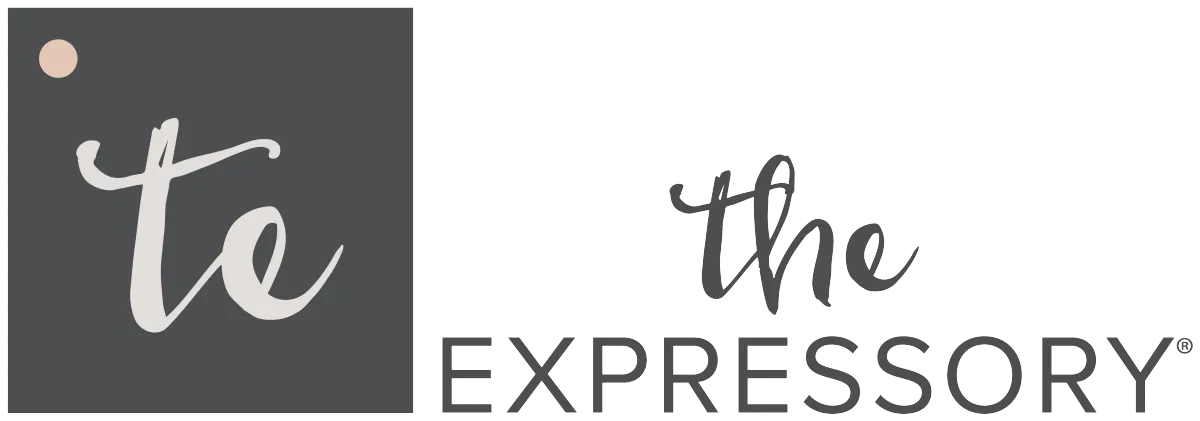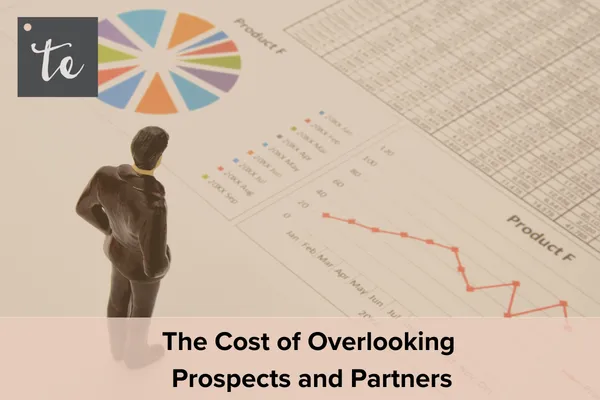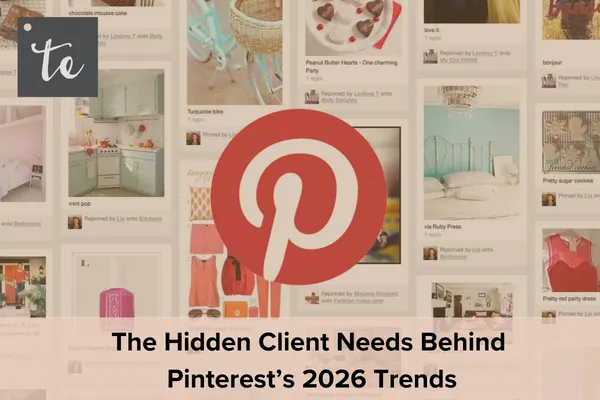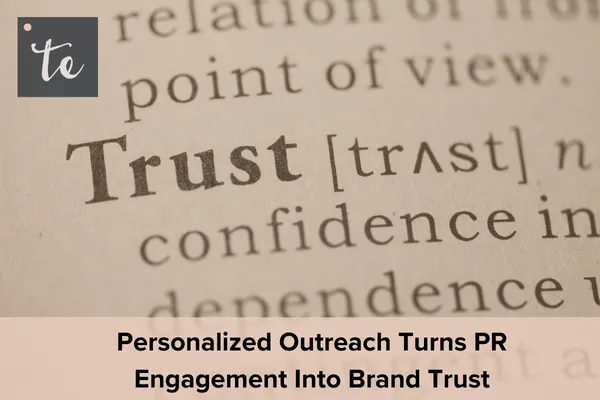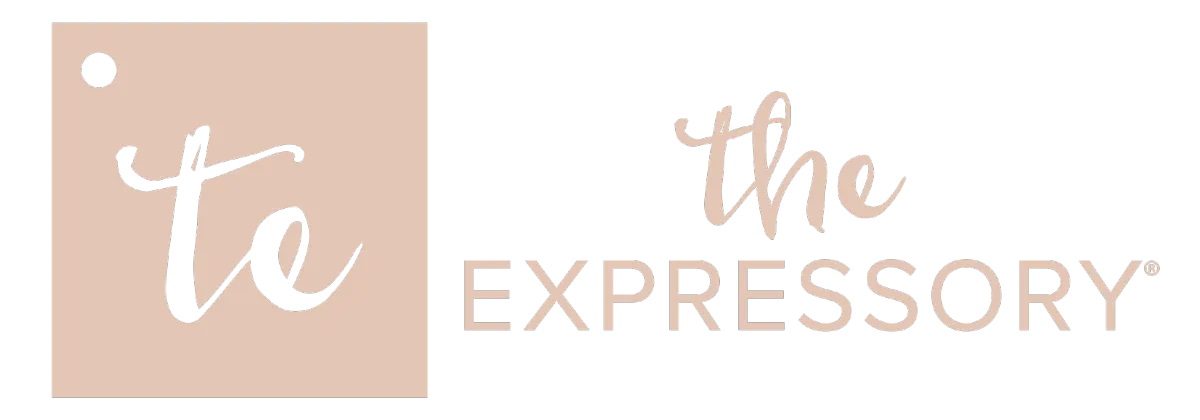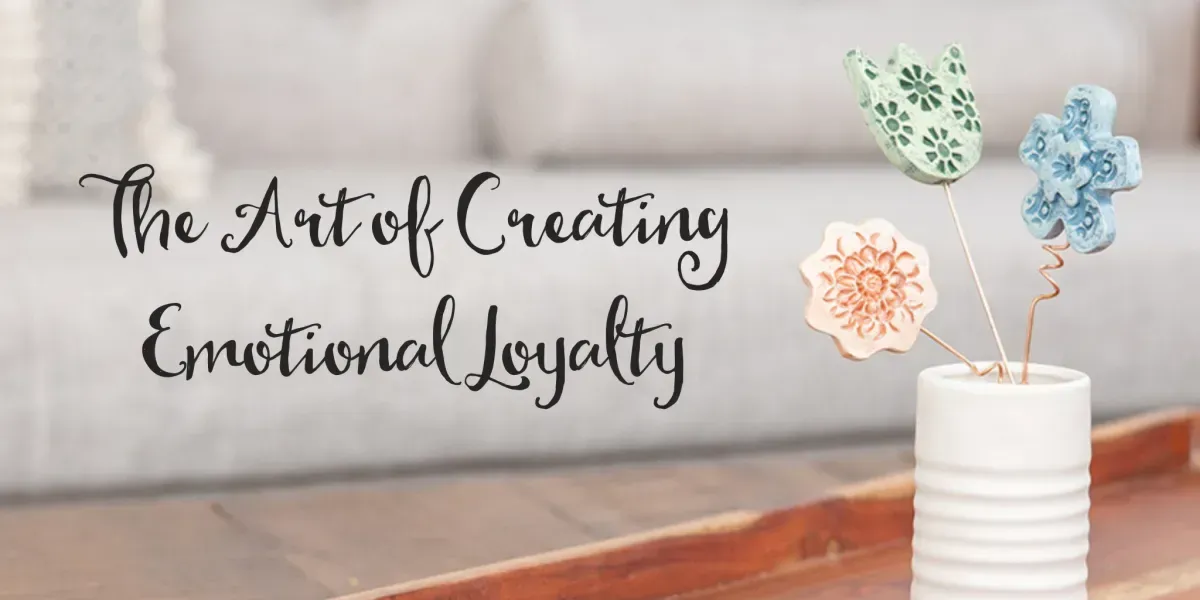
The Cost of Overlooking Prospects and Partners
Published on: 24/02/2026
Businesses prioritize clients and employees, but neglect strategic prospecting and partners. Learn why is important and how to create a lasting partnership
RetentionProspectsStrategic PartnersStrategy
The Hidden Client Needs Behind Pinterest’s 2026 Trends
Published on: 10/02/2026
Pinterest trends show us is that your clients are craving something more: comfort, meaning, or human connection. Use them to create client engagement strategies
Existing ClientsStrategic EngagementClient Loyalty
Personalized Outreach Turns PR Engagement Into Brand Trust
Published on: 10/02/2026
Engagement like it has been done doesn’t work anymore. Designing a PR communication strategy built around relationships is about creating the right touchpoints
TrustClient Loyalty
How Law Firms Can Build Client Relationships That Actually Last
Published on: 10/02/2026
In legal work, client retention usually shows up through referrals. When clients feel informed and supported, relationships last longer and loyalty builds.
Client RelationshipsClient Loyalty
© 2020 All Rights Reserved.
Terms and Conditions
Privacy Policy
Shipping & Returns
